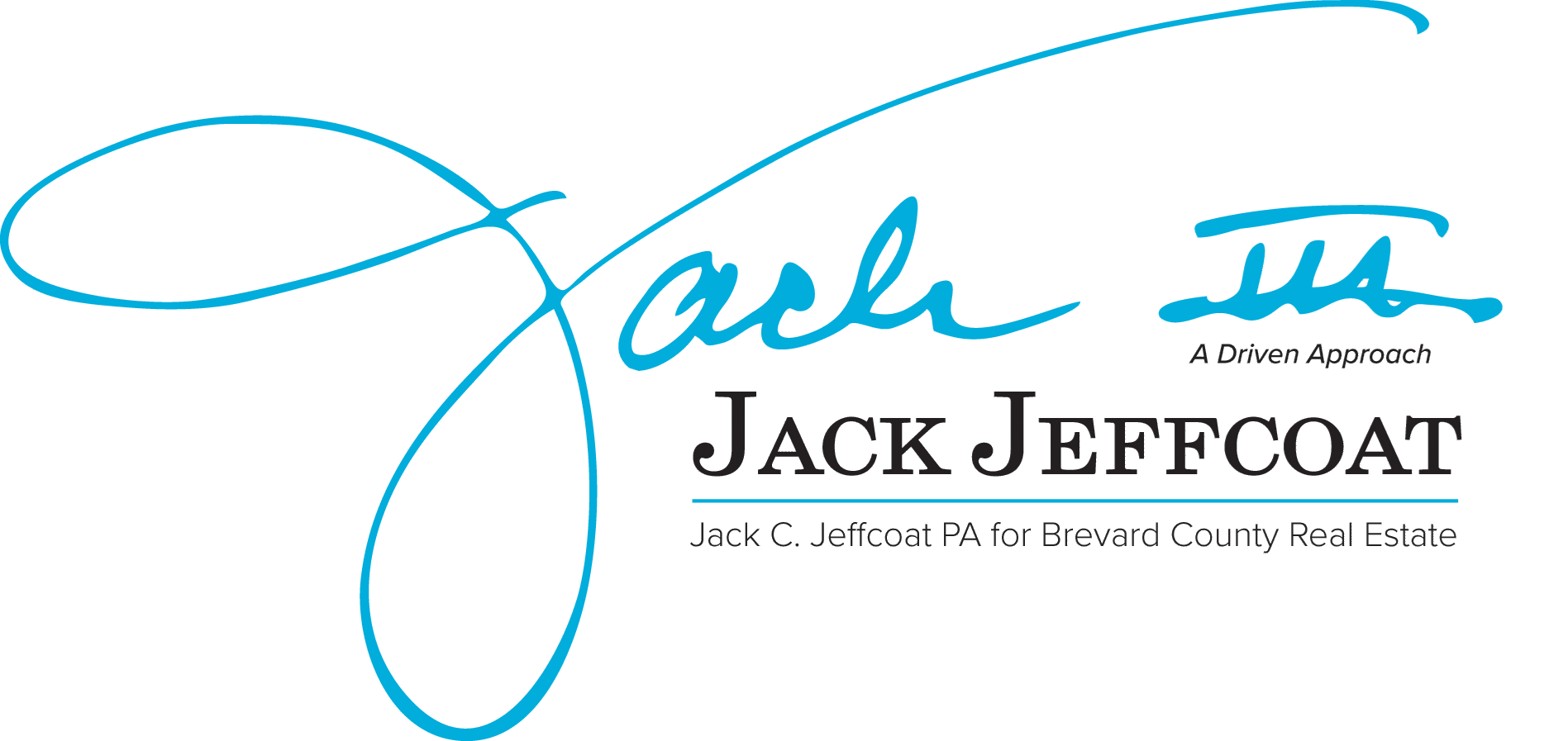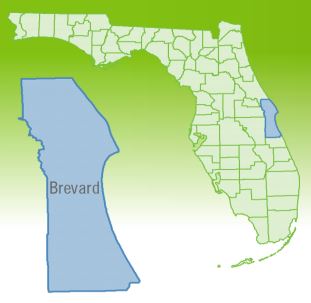Help for Homeowners with Storm Damaged Homes
Help with Florida's Storm Damaged homes
Was your home damaged by a recent storm? Are you unsure of what steps to take next? Before you start stomping those puddles in your basement review the following steps to help ease the process of dealing with your damages and insurance.
Document Damage. The first step should be to carefully document all damage with photographs. These will be necessary to prove the extent of the damage both to home insurance adjustors and the IRS if the homeowner is eligible for tax deductions as a result of uninsured losses.
Contact Insurance. At the same time homeowners should contact their homeowners insurance company to make sure they understand what is covered and what is not. For example damage caused to your home by a falling tree is usually covered. However many policies do not cover the removal of a tree that fell into your yard but didn't damage your home.
Are You Covered? Flood coverage is another area that is often misunderstood. Most standard flood insurance only covers damage caused by rising waters from a river creek lake or pond. It doesn't cover such things as water backups caused by overflowing drain pipes or when the drain in a basement stairwell gets clogged with debris causing water to fill the stairwell and come in under the basement door.
"That once happened to me during a big storm" says AHF President Bruce Hahn. "After I learned that the extensive damage to our finished basement was not covered by our insurance policy I reconsidered how much I could afford to spend out of my own pocket to repair the damage." Homeowners shouldn't commit to expensive repairs until they learn what is covered and what isn't and the terms of the coverage of things that are.
Bring in a Professional. Finding a qualified contractor after a major event is another challenge. In the real world of supply and demand reliable contractors often quickly get booked well into the future and their rates often go up as well. At the same time con men and amateurs start coming out of the woodwork. An amateur may be a decent carpenter but that doesn't mean he's a good electrician plumber or roofer. The risk to homeowners of being ripped off by a dishonest contractor or receiving shoddy work that might not pass muster with the building inspector increases dramatically.
Homeowners should take the same steps to protect themselves that they would if they were planning a major home remodeling project. Check the contractor's credentials carefully. Are they licensed and insured for workers compensation property and personal liability? If in doubt ask to see their insurance certificate. Do they belong to the National Association of the Remodeling Industry the National Association of Home Builders Remodelers Council and/or any of the more specific trade associations in the remodeling sector? That's not a guarantee but it is a sign of commitment to their trade and to professionalism. Ask for recent references on similar jobs (employee and subcontractor turnover is often fairly high so recent jobs is the indicator of their current capability). Check their record with the Better Business Bureau while you're at it.
Make sure you get a comprehensive bid. It should detail as many of the specifications as possible. Try to get bids from three or more contractors which is sometimes difficult to do when demand is high. If one of the bids is unusually low make sure that they have included everything.
If the bids are higher than expected and too much for you to afford you might be surprised how much money you can save if you're at least semi-handy and can do some of the work yourself. Things that come up near the end of the job such as painting trim carpentry etc. are good bets since the other parts aren't dependent on their completion. Some finish work can even be done after the home inspector's final approval of the work. But make sure you're not getting into something you don't have time to do.
One of the most important suggestions is to use a comprehensive written contract. It will greatly reduce the likelihood of disputes with your contractor. Make sure the contract covers the description of the project timetable payment schedule etc. and has general provisions defining the responsibility of the contractor and the subcontractors defects and correction change order procedures warranties right to termination and alternative dispute settlement mechanisms (since many of the costs of lawsuits are for legal fees homeowners and contractors will almost always be better off with mediation conciliation and/or binding arbitration clauses should a disagreement arise). Some contractors use their own standard contract forms but read the provisions carefully before signing them. If you feel some of the provisions in their contract are unreasonable ask them to make reasonable modifications.
Never hire a contractor by signing a brief proposal or worse yet on a handshake. You can also hire an attorney to draw up a contract that includes the aforementioned provisions to protect you. Another alternative is to use the American Homeowners Foundation's standard six page remodeling and repair contract which is available on the AHF website. It contains these protections and fill in the blank areas for the specifics of your job.
If you take all the right steps you can make the best of a bad situation. If you don't you'll be asking for headaches and trouble.






